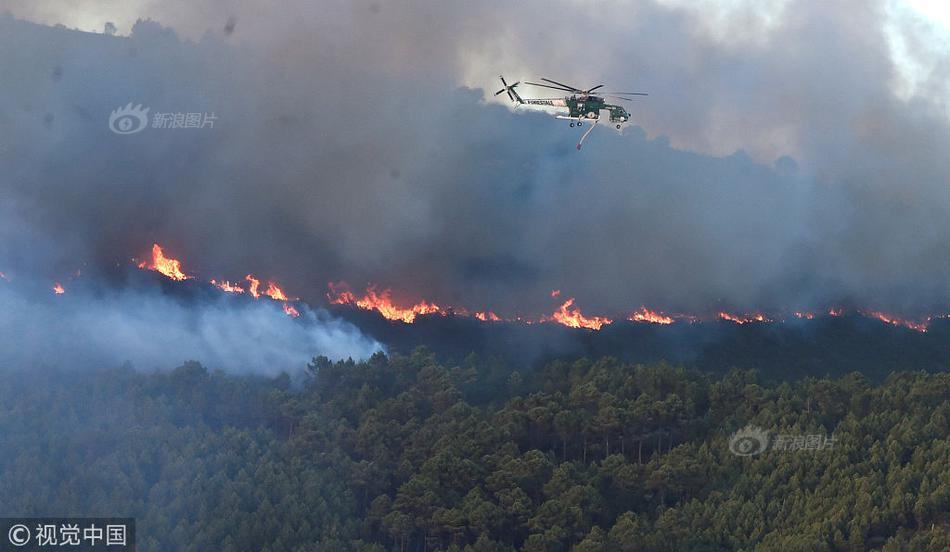【】
Fun fact: Australia's custom officials are known for procedures teetering on the absurdly overzealous, thanks to the continent's unique natural environment.
But those procedures are under investigation, after officials destroyed "irreplaceable" rare flowering plants sent from France. "They were the first type specimens collected of a species," Michelle Waycott, chair at the Council of Heads of Australasian Herbaria, told ABC News.
"That would be the equivalent of material collected in the Flinders expedition, going and then destroying those. So literally irreplaceable collections and of high historic and scientific value."
D'oh! These border officials have absolutely zero chill.
SEE ALSO:This company is creating a fusion reactor, which is how stars produce energyThe plant samples from the Museum of Natural History in Paris dated back to the mid-1800s. It was intended for the Queensland Herbarium, but was destroyed due to paperwork issues in March.
In a statement via email, the Department of Agriculture acknowledged "the intrinsic value of the specimens," and conceded that its destruction was "premature."
Once the plants were detained, the Queensland Herbarium sent correspondence to an incorrect email address. Ugh. When their information waseventually received, it was not sufficient, and the plants were destroyed in line with policy. RIP, rare flowering plants.
A "comprehensive review of this incident" will be undertaken by the department to prevent a similar situation from occurring again. "This is a deeply regrettable occurrence, but it does highlight the importance of the shared responsibility of Australia's biosecurity system, and the need for adherence to import conditions," according to the statement.
In a similar incident, New Zealand's Landcare Research Allan Herbarium loaned lichen samples collected in the 1930s to the Australian National Herbarium last year. The loan was to see if lichen found in both countries were similar, but the sample was destroyed by border officials in Sydney.
The incident prompted the Allan Herbarium from stopping further samples being sent to Australia until assurances of its safe arrival are made in writing.
The department said it was "unaware of this incident," however it is "investigating it as a matter of priority."
Featured Video For You
This 3D-printed corset could help people with severe back conditions
- 头条新闻
- U.S. government issues warning on McDonald's recalled wearable devices
- Microsoft says it can recover missing files following botched Windows 10 update
- Piers Morgan gets dragged for going after men holding babies
- iPhone excitement declining each year, say analysts
- Tributes flow after death of former Singapore president S.R. Nathan
- Gorgeous collectible 'He
- Apple's iPhone XS Max is selling a lot better than XS, report claims
- Princess Eugenie's wedding dress sheds light on scoliosis
- Mall builds real
- 10 animals that hibernate, aside from bears
- 图片新闻
- 新闻排行榜








